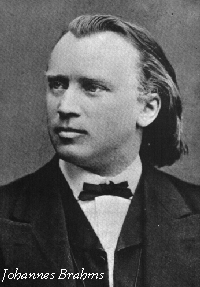Yes, the RO notes are predictably excellent.
I have several recordings of the Alto Rhapsody, so am not in need of the words/translation. They're easily found on the web, anyway.
I have several recordings of the Alto Rhapsody, so am not in need of the words/translation. They're easily found on the web, anyway.




Comment